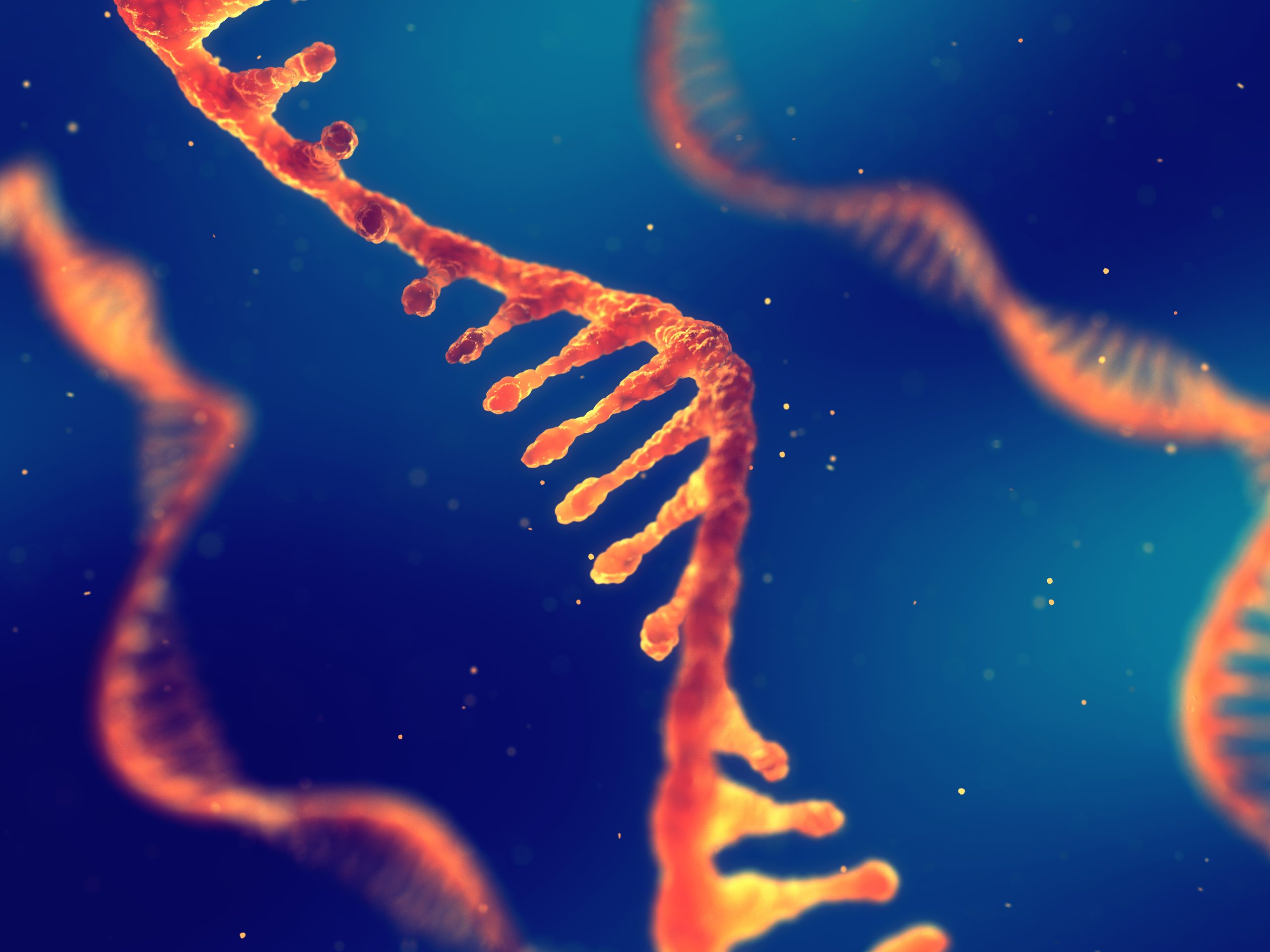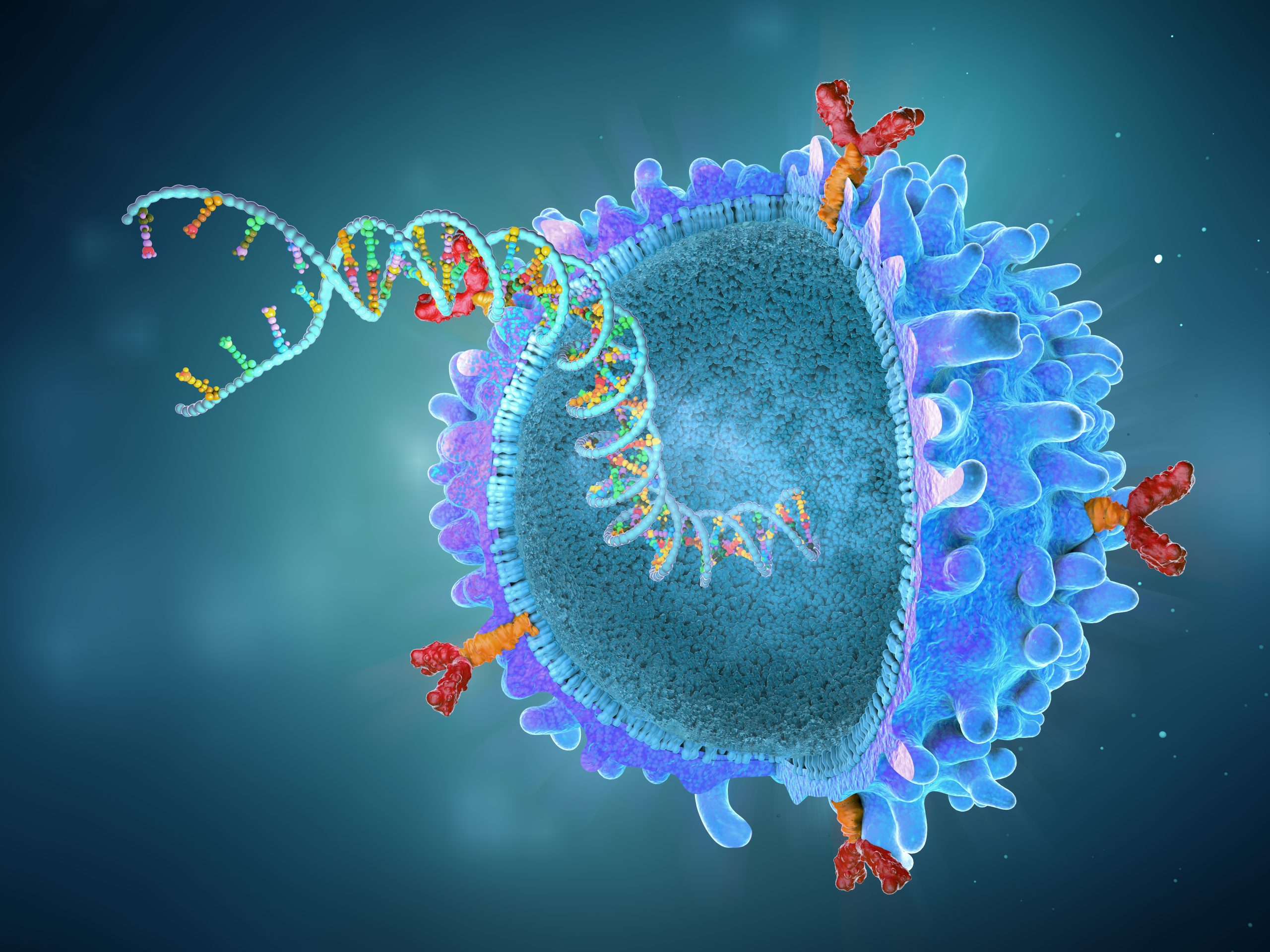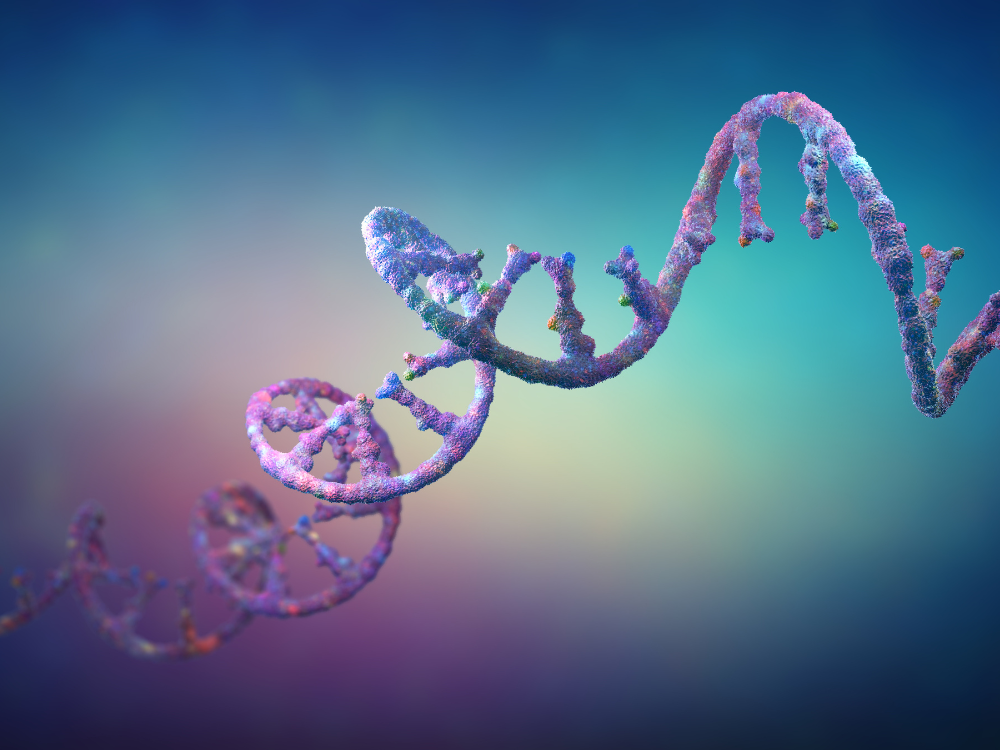Unlocking Precision Medicine
Novel RNA tools for drugging the ‘undruggable’ cancer targets.
Welcome to the future of targeted therapies
Aptamers offer a dynamic solution, not only for pinpointing cancer biomarkers but also for pioneering advancements in gene therapy. Explore the limitless possibilities with aptamers – where precision meets innovation for a healthier tomorrow.
Aptamer Innovation
Our goal is to use an aptamer-based therapeutic agent capable of suppressing ‘undruggable’ cancer targets, such as transcription factors thus providing a novel strategy for treating cancer.
Innovating Cancer Biomarker Targeting
We test the potential of aptamers to be used for targeting cancer biomarkers that are considered ‘undruggable’; that cannot be targeted pharmacologically. A large percentage of these targets fall under the category of transcription factors (TFs) and their modulation is now one of key challenges in cancer research that requires innovation and the development of new technologies.
Transcription-targeted therapeutic agents
TFs play a key role in activating genes needed by the cell and errors in their activities are linked to cancer initiation and progression. Inhibition of TFs with drugs has been exceedingly difficult because of their nuclear localization and their mechanism of action, which involves association with DNA and a large number of co factors to form a transcriptional complex. Drugging of TFs is now one of key challenges in cancer research and our goal is to develop transcription-targeted therapeutic agents.
RNA Aptamers: Precision Medicine Pioneers
Unlocking the full potential of precision medicine, RNA aptamers emerge as a superior choice for targeting cancer and disease biomarkers.

Precision Targeting and Versatility
Aptamers, precision-engineered single-stranded RNA or DNA molecules, offer unparalleled targeting capabilities. Tailored with precision, they bind specifically to designated targets, including cancer biomarkers, ensuring highly targeted therapies. This precision minimizes off-target effects, enhancing overall treatment efficacy. Unlike antibodies and small molecules, aptamers boast versatility and cost-effectiveness in synthesis, providing adaptability across various applications. Their modifiability to increase stability adds an extra layer of reliability in diverse therapeutic settings.

Reduced Immunogenicity, Toxicity, and Gene Therapy Potential
Aptamers, compared to antibodies and small molecules, demonstrate lower immune responses and toxicity, minimizing the risk of adverse reactions in therapeutic use. This characteristic is particularly crucial for long-term treatments, ensuring safety and sustained effectiveness. Beyond conventional targeting, aptamers play a pivotal role in gene therapy for cancer applications. Their smaller size, especially in the case of RNA aptamers, improves tissue penetration and distribution, making them ideal for viral vectors with limited packaging size. This opens new avenues for innovative and personalized treatment strategies by providing a safer and more efficient gene modulation approach.

Streamlined Development for Agile Solutions
The streamlined development process of aptamers enables swift adaptation to evolving disease landscapes. Rapid identification and optimization facilitate the quick deployment of aptamer-based diagnostics and therapeutics. This streamlined approach fosters agility in addressing emerging challenges, positioning aptamers as a dynamic and responsive solution in the constantly evolving field of precision medicine.
Your Opinion Counts
Your insights will help us better understand the perspectives of biotech and pharmaceutical companies on the use of RNA as potential drugs for cancer, particularly in targeting cancer proteins. We appreciate your participation in this survey.
Meet Our Team of Innovators
Embark on a journey to meet the brilliant minds and diverse talents driving our shared vision to new heights.




